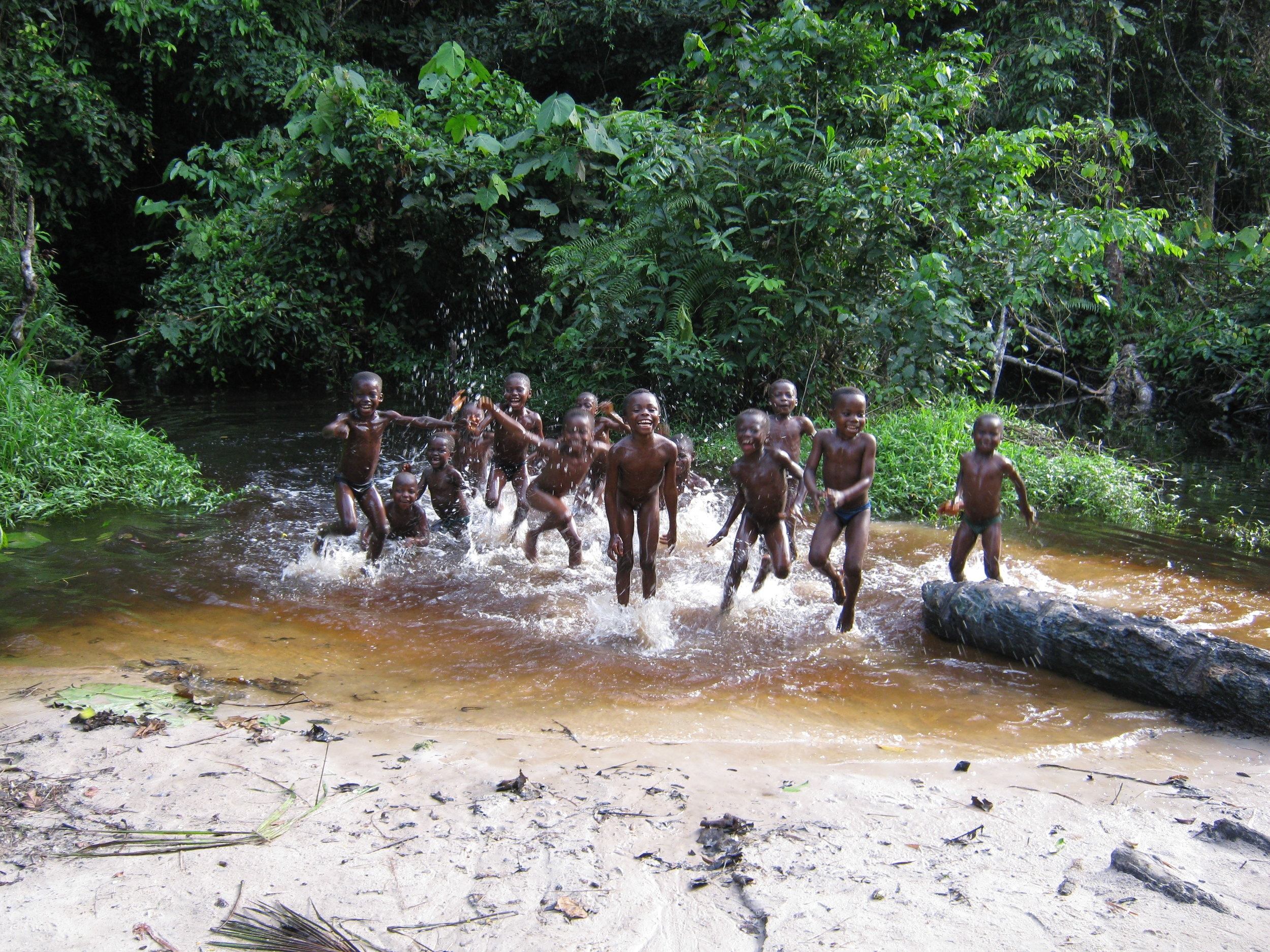Photo Credit: Joe Wasilewski
Our Mission
Jadora's mission is to mitigate climate change, preserve biodiversity, and improve livelihoods through an innovative and economically sustainable approach to forest preservation.
Mitigate Climate Change.
22.8 million metric tonnes. This massive figure, a slightly more than London's annual greenhouse gas emissions, represents the CO2e emissions avoided by Jadora's Isangi REDD+ project alone. As of 2005, deforestation accounted for roughly 20% of global greenhouse emissions, successful avoided deforestation projects like Isangi are already having a profound impact on climate change. Beginning in 2009, Jadora joined the international community in working to bring this emissions segment to zero through the REDD+ protocol which Reduces Emissions from Deforestation and forest Degradation. Working with local land stewards to develop profitable and sustainable alternatives to logging and other deforestation drivers, Jadora is a global leader in developing high-quality, sustainable, science-driven and customized solutions for one of the world's most difficult problems.
Improve Livelihoods.
Deeply committed to human wellbeing, Jadora's double-gold certified, REDD+ projects work on a local and global scale to facilitate sustainable livelihoods for all. Our holistic approach actively engages entire communities, collaborating with over 100,000 villagers collaborating for local driven solutions, while at the same time investing in future generations by working toward the long-term goal of biodiversity protection and sustainable climate change mitigation.
Jadora's is commitment to bring together the too often separate worlds of sustainable forest management with extensive local participation. Working with both traditional leadership structures and new ones like women's groups, there is fruit in an innovative array of projects. Highlights range from supporting the education of over 3,000 elementary school students to training horticulturalists in indigenous herbs, from funding micro-projects to cultivating highly profitable cacao plants. Sustainable, equitable, and financially viable community development is vital to the overall mission and goals of the company.
Preserve Biodiversity.
In preserving a rapidly expanding concession, which spans 26.5 million acres in the world's second largest, equatorial rainforest, Jadora's REDD+ projects provide a safe haven for an impressive list of critical species. Left undisturbed since 2009, this concession has sequestered 10 million metric tons of carbon and protected the 11% of the world's bird species, 14 different types of primates, and over 700 species of native trees existing there in dynamic equilibrium. Among these are critically endangered black leopards, forest elephants, and Bonobo Chimpanzees, man's closest relatives.
Scientifically, these critically endangered species are fascinating, each performing a vital environmental function while hinting at the answers to some of the universe's unsolved mysteries. Smaller than its Savannah counterpart, forest elephants, for example, are essential to the germination process of many rainforest trees. Without them barreling through the brush, many key tree varieties and the species dependent on them would be lost. Similarly, our peaceful cousin, the Bonobo Chimpanzee shares 94% of human DNA and offer clues into the spread of diseases. This, however, is but the tip of the iceberg. Many of the secrets of the of the plant and animal inhabitants of the Congo Basin have yet to be discovered.
Field Highlight
Mindful of a protein scarcity typically leaving 70% of the population under-nourished, Jadora has collaborated with local foresters, community leaders, and women's groups to pilot the planting of dozens of 'butterfly trees' near villages and has installed 18 tilapia ponds in swampy-lowlands. These activities yield thousands of pounds of edible protein annually, along with other co-benefits:
- Reduces vulnerabilities for women and girls traveling deep into the forest to acquire protein
- Provides high-quality, reliable protein sources while pioneering a 'locally owned' platform for discussions on nutrition and food equity
- Helps transition villagers from wild animals to domesticated foods; reducing illegal bush meat hunting
- Creates alternate income streams
The tilapia ponds and butterfly tree projects have become one primary focus of participating villages, and the envy of the villages not yet on board.
At a glance
Former logging concession turned REDD+ project
Concession Area: 334,000 hectares of primary rainforest
Project Area: 187,000 hectares of primary rainforest
Verified and validated in September 2014
Double Gold: Achieved Gold rating from CCBA and VCS
Habitat home to rare and critically endangered species including the Bonobo Chimpanzee and forest elephants





